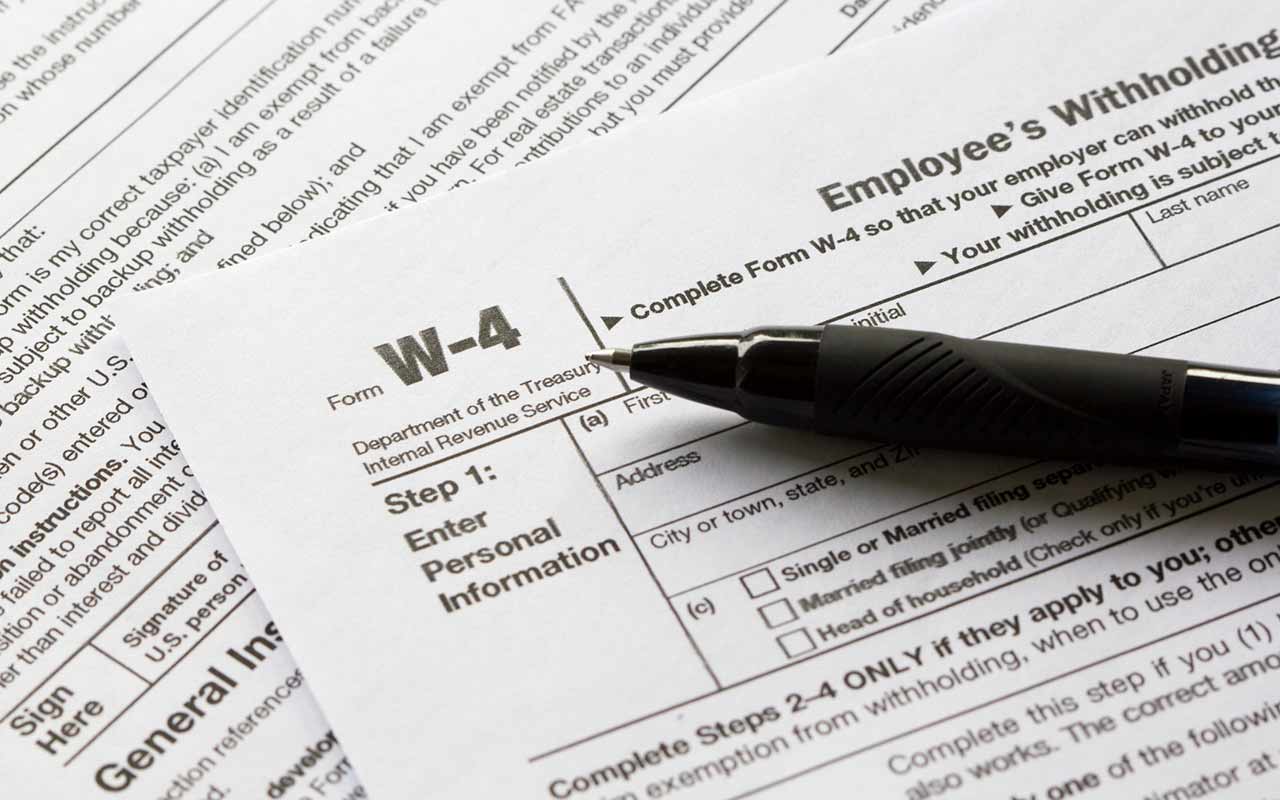If you're hiring a nanny, senior caregiver, or other household employee, you're not just providing a paycheck; you’re also responsible for certain tax withholdings. In 2026, if you pay a household employee more than $3,000, you're required to withhold Social Security and Medicare taxes (FICA) from their wages.
Read More
Topics:
caregiver payroll,
nanny,
nanny payroll,
nanny tax,
senior,
CPA,
homework solutions,
household employer taxes,
2026 W-4 form,
household employee withholding,
IRS tax forms,
how to fill out a w-4 form,
2026 tax updates,
W-4 form
Read More
Topics:
caregiver payroll,
nanny agency,
senior care,
nanny,
nanny tax,
Senior Caregiver Payroll,
legal nanny pay,
household employment taxes,
household employer responsibilities,
nanny tax laws,
under the table payment risks,
paying nanny cash,
nanny payroll service
If you hire individuals to work in your home, such as nannies, senior caregivers, or housecleaners, you are likely a household employer in the eyes of federal labor and tax authorities. This employment relationship means you're responsible for filing the proper taxes and providing the necessary paperwork to your employees if you pay them over $2,700 for the year (updated for 2024).
Read More
Topics:
household employer,
nanny tax,
Senior Caregiver Payroll,
domestic worker,
caregiver tax,
schedule H,
household employment,
homework solutions
When you hire a new household employee, it's important to handle the process carefully and thoroughly. Whether you're welcoming a nanny, a senior caregiver, or a household chef, understanding the key steps can help ensure a smooth integration into your home and family life. Here are several essential considerations to remember as you begin this important journey.
Read More
Topics:
household employee taxes,
caregiver payroll,
household staffing agency,
household employee,
hiring a nanny,
nanny employment practices,
nanny payroll,
nanny payroll tax,
nannies,
nanny tax,
nanny employee,
domestic employer legal responsibilities,
household payroll,
Hiring Elder care,
hiring care for seniors,
domestic worker,
caregiver management
In the modern economy, more and more households are hiring domestic help, whether it's a nanny, caregiver, or housekeeper. These household employees play a crucial role in keeping our lives running smoothly, and it's important to recognize their dedication and hard work. One effective way to show appreciation and also maximize tax savings for you, and your employee, is by offering a Qualified Small Employer Health Reimbursement Arrangement (QSEHRA) or an Individual Coverage Health Reimbursement Arrangement (ICHRA).
Read More
Topics:
nanny agencies,
senior care,
nanny,
nanny tax,
household payroll tax,
nanny benefits,
household independent contractor,
household payroll,
agency,
senior,
CPA
The short answer is yes. Domestic employees, such as nannies, household assistants, and elder care providers are hourly employees under the law, and therefore must be paid overtime. The Fair Labor Standards Act (FLSA) provides the framework to determine weekly overtime requirements for household workers. Some states also have laws requiring daily overtime. It is important to understand all applicable rules to determine when overtime pay is due.
Read More
Topics:
eldercare,
caregiver payroll,
nanny agency,
senior care,
nanny employment practices,
nanny,
nanny tax,
nanny overtime,
household payroll,
Senior Caregiver Payroll,
agency,
senior,
CPA
When hiring an employee to work in your home, conducting background checks and calling references are key parts of the hiring process. Understanding the information that you will get from each can be the difference between a good hire and a bad one.
Read More
Topics:
household employee background check,
senior care,
nanny,
nanny tax,
caregiver background screening,
nanny background screening,
senior
When you find an amazing nanny, who is not only reliable, but aces the job every day, it is easy to lose sight of their life outside of work. Through casual conversation, your nanny may, or may not, have indicated their plans to grow their own family one day. When that day comes, and your ace lets you know they want to take parental leave, you need to understand parental leave laws, so you can be a great employer to your amazing nanny.
Read More
Topics:
nanny savings,
nanny tax,
agency,
senior,
CPA










